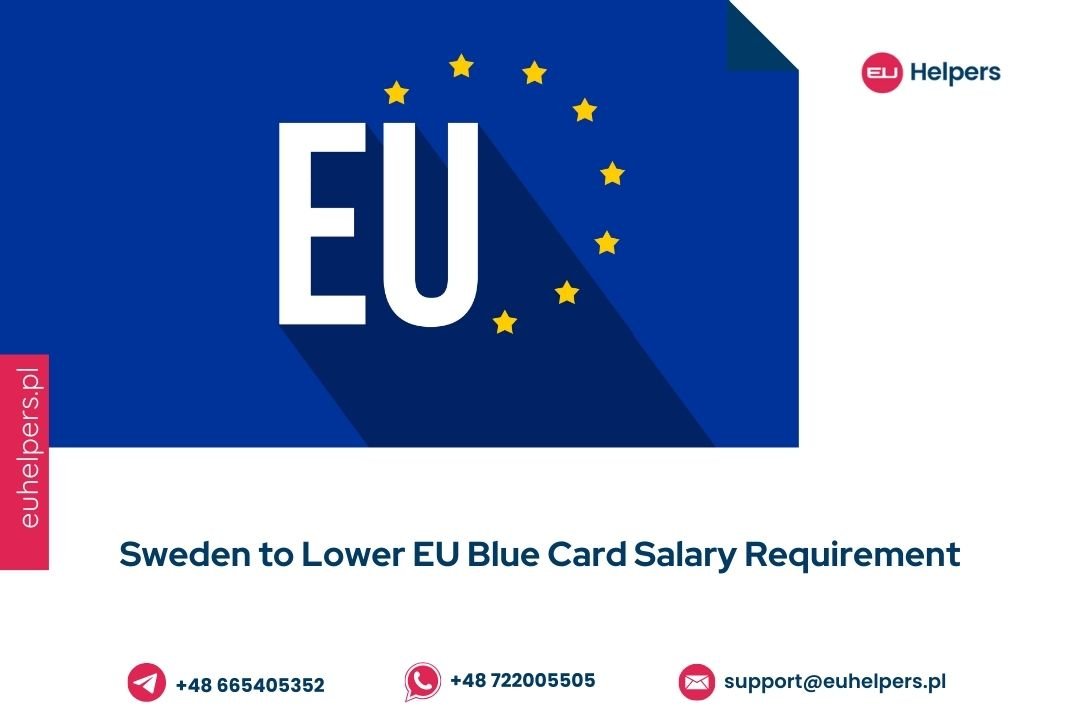In a strategic effort to enhance Sweden's appeal as a destination for international professionals, Swedish authorities have announced plans to lower the minimum salary threshold required for obtaining an EU Blue Card. This move is part of a broader initiative to streamline entry for skilled foreign workers and bolster Sweden’s competitive stance within the European job market.
The recent announcement, made in August, revealed that the minimum monthly salary requirement for an EU Blue Card will decrease by approximately €866. This reduction aims to make the application process more accessible for qualified foreign talent and aligns with Sweden’s ambition to attract a broader pool of professionals from outside the European Union.
Swedish Minister of Migration Maria Malmer Stenergard emphasized the importance of this proposal, describing it as a pivotal step in improving and simplifying the conditions for highly skilled foreign workers seeking employment in Sweden. According to Stenergard, easing these requirements reflects Sweden’s commitment to addressing workforce needs and sustaining economic growth by welcoming specialized professionals into the country.
Sweden’s initiative follows similar adjustments by other EU member states looking to attract international expertise through changes to their EU Blue Card programs. For instance, Estonia revised its EU Blue Card criteria in April, offering greater flexibility to foreign workers. Under the new Estonian regulations, candidates are now eligible to apply for the Blue Card with five years of professional experience in their respective fields, eliminating the previous requirement to provide proof of formal educational qualifications.
These reforms across EU nations signify a trend toward facilitating the entry of skilled foreign labor, with the EU Blue Card framework becoming an increasingly attractive pathway for non-EU professionals seeking career opportunities within Europe.

